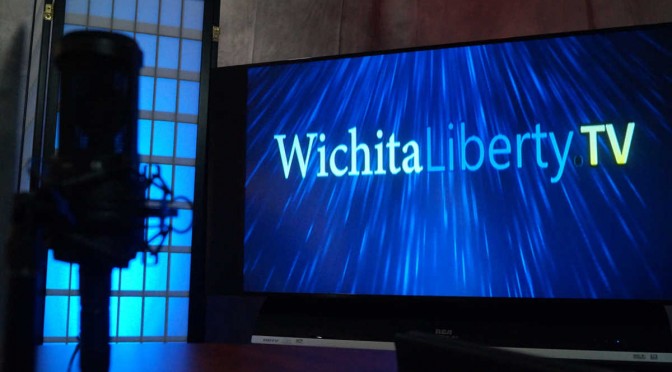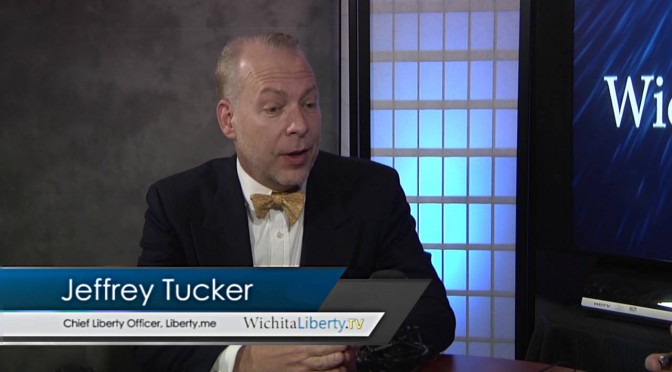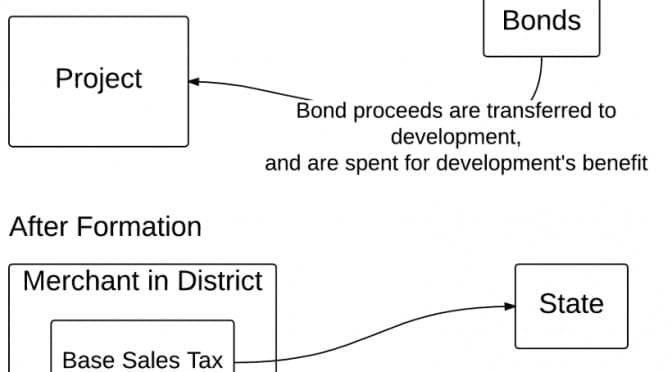Tag: Capitalism
-

Reforming economic development in Wichita
In this excerpt from WichitaLiberty.TV: Can we reform economic development in Wichita to give us the growth we need?
-
Wichita officials, newspaper, just don’t get it on Ex-Im Bank
Wichita’s establishment prefers cronyism over capitalism.
-

Wichita Chamber calls for more cronyism
By advocating for revival of the Export-Import Bank of the United States, the Wichita Metro Chamber of Commerce continues its advocacy for more business welfare, more taxes, more wasteful government spending, and more cronyism
-

WichitaLiberty.TV: Wichita’s regulations and economic development
Do Wichita’s many laws and regulations accomplish their goals? Then, are Wichita’s economic development policies likely to work?
-
Export-Import Bank threatens a revival
Business groups and government agencies usually favor Ex-Im. Free-market and capitalism advocacy groups are almost universally opposed.
-

WichitaLiberty.TV: Jeffrey Tucker and ‘Bit by Bit: How P2P Is Freeing the World’
Jeffrey Tucker talks about his most recent book “Bit by Bit: How P2P Is Freeing the World” and how Bitcoin and other distributed technologies are affecting the world.
-
Wichita’s WaterWalk apartment deal
Wichita is ready to consider another giveaway to politically-connected interests at the expense of citizens and taxpayers.
-

Intellectuals vs. the rest of us
Why are so many opposed to private property and free exchange — capitalism, in other words — in favor of large-scale government interventionism? Lack of knowledge, or ignorance, is one answer, but there is another.
-

Wichita Chamber speaks on county spending and taxes
The Wichita Metro Chamber of Commerce urges spending over fiscally sound policies and tax restraint in Sedgwick County.
-

In Wichita, benefitting from your sales taxes, but not paying their own
A Wichita real estate development benefits from the sales taxes you pay, but doesn’t want to pay themselves.
-

The real free lunch: Markets and private property
As we approach another birthday of Milton Friedman, here’s his article where he clears up the authorship of a famous aphorism, and explains how to really get a free lunch